Sacrifice which saved Kathleen: Lawyer’s long hard fight for justice
Rhanee Rego brushes off comparisons with famed US lawyer Erin Brokovich, but without her years of dedicated pro bono work ‘because it was the right thing to do’, Kathleen Folbigg would not be free.

NSW
Don't miss out on the headlines from NSW. Followed categories will be added to My News.
Exclusive: Rhanee Rego was an 11-year-old schoolgirl growing up in Newcastle when a young mother from a suburb not far away was plastered across every TV screen, shunned by the masses, and convicted of killing her four children.
“I was in primary school when it happened, too young to remember. It gives me perspective to think that all the while Kathleen was in jail I grew up, got a law degree, became a lawyer and then helped get her out,” Ms Rego said.
Since 2017 the Newcastle-based lawyer, who has a special interest in miscarriages of justice, found herself consumed by the case of Kathleen Folbigg — the woman serving a minimum 25-year sentence for the suffocation murders of three of her children and manslaughter of a fourth.
She has made huge sacrifices, turned away paying clients and committed herself to the fight for justice.
“It’s simple. I felt helping Kathleen was the right thing to do,” Rego said, brushing off comparisons to lawyer Erin Brokovich, who spent years building a case alleging a company contaminated a small California town’s drinking water.
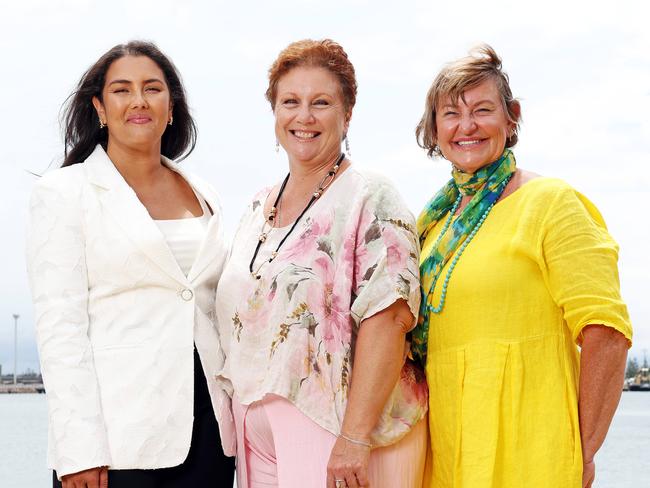
In 1996, that case was settled for $333m, the largest ever paid in a direct-action lawsuit at the time.
“I did it because this woman needed help and I had to do what I could,” Ms Rego said.
“This is one of those cases in which people can do what they can, but no one can stay in it for free for the long haul, let’s be honest.
“Everyone has to pay bills. It’s a massive commitment and I was lucky enough to be in a situation in which people supported me so I could support Kathleen.”
Ms Rego was completing her legal placement requirements with top barrister Dr Robert Cavanagh seven years ago when she was first introduced to one of the country’s most high-profile and contentious legal cases.
Two years later, in 2019, came the first judicial inquiry which considered new research and advances in medical science relevant to the causes of death of each child.
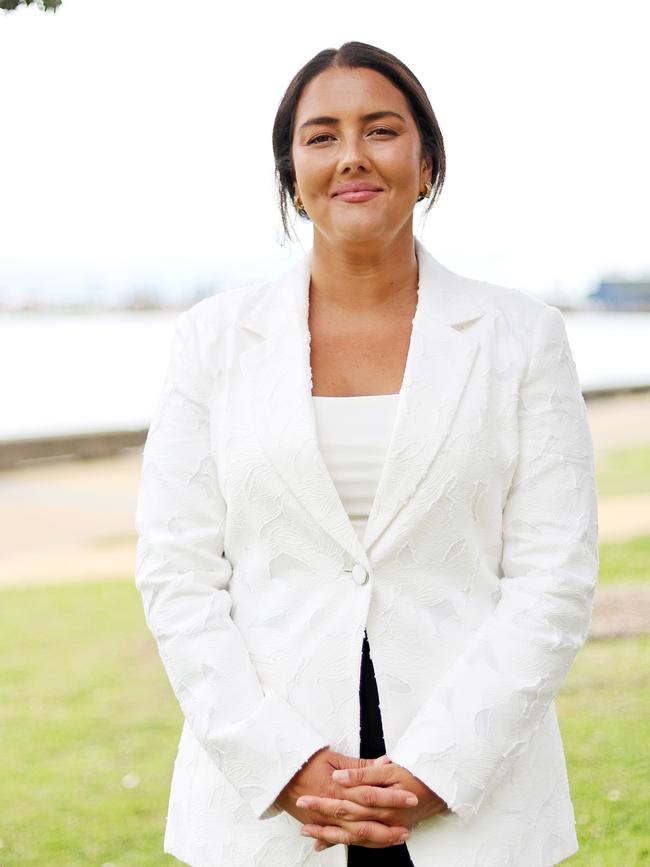
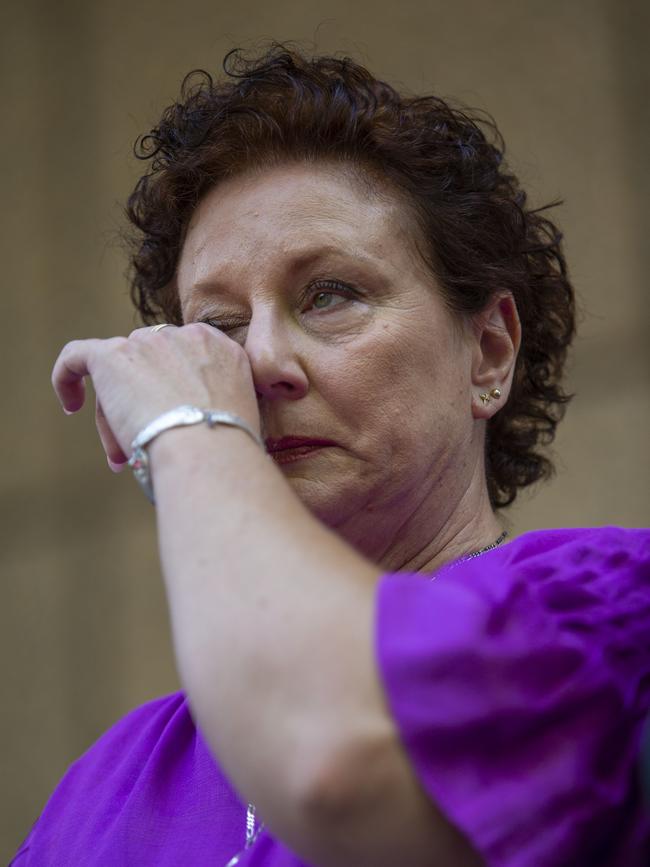
It also considered new literature concerning the incidence of reported deaths of three or more infants in the same family, attributed to unidentified natural causes.
“Robert was involved in the case and said ‘Do you want to help me on this?’” Ms Rego recalled.
“He’s a brilliant lawyer and human being. He doesn’t make anyone feel like they are inferior and welcomes everyone’s opinion. He wanted my opinion on the case, so I said ‘Sure’.
“I read the case and I totally agreed that it was a miscarriage of justice.
“I was a novice in criminal law but I was still thinking ‘How has this happened?’ How do you convict a woman simply on the basis that her four children died, and some cherrypicked entries (in her diary) claimed by the prosecutor to be something they aren’t.”
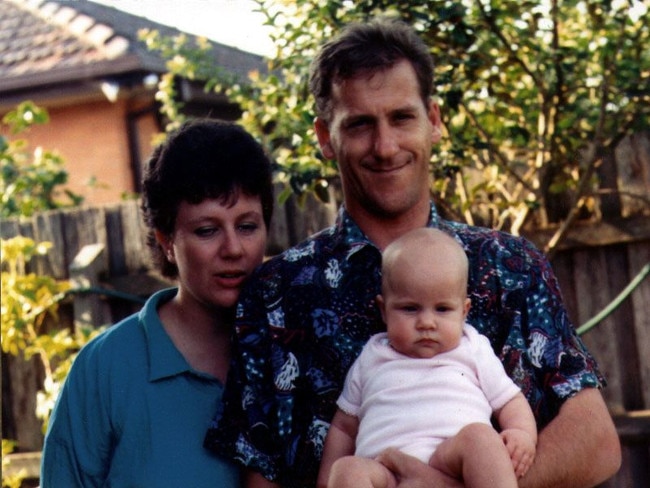
So began her obsession with the case and the beginning of an unbreakable bond between herself, Ms Folbigg and Tracy Chapman – the woman who stood by her best friend, a convicted killer, when everyone else dropped her.
Ms Chapman, an academic who devotes her life to looking after and rehabilitating animals, was Ms Folbigg’s only access to the outside world.
Over the 20 years of her incarceration, Folbigg had 17 different judges “sit in judgment of her”.
“Most people hated her. It was a very unpopular cause, so unpopular that I feared we would never obtain justice for Kathleen,” Ms Rego said.
She is uncomfortable accepting glory for what she has achieved, despite being instrumental in securing Ms Folbigg’s unconditional pardon after 20 years in jail and setting her client up for potentially the biggest payout in Australian criminal history.
“It’s been all so consuming but that’s what it takes. It takes a group of good, committed people dedicated to help,” Ms Rego said.
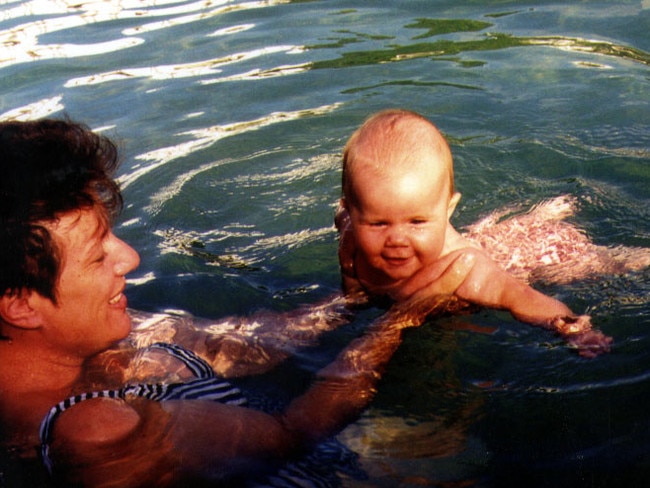
“What that reflects on is not kudos for me, it’s a reflection of how bad our review system is structured.
“It has taken two lawyers working pro bono, lifelong friends who won’t give up, experts who worked for free, strong supporters behind the scenes and much more.
“What does this say about our system if we need all of this support to get one person the justice they deserve? Kathleen is lucky, but so many people sitting in prison right now aren’t as lucky.”
To Kathleen Folbigg, Rego is a powerhouse with a heart of gold and tenacity unmatched.
“She is a force to be reckoned with in whichever path that she chooses to take,” she said
“She had a tenacious attitude and determination to see this process through, no matter how disappointed that she may or may not have felt about her profession, and its choices, decisions and outcomes”.
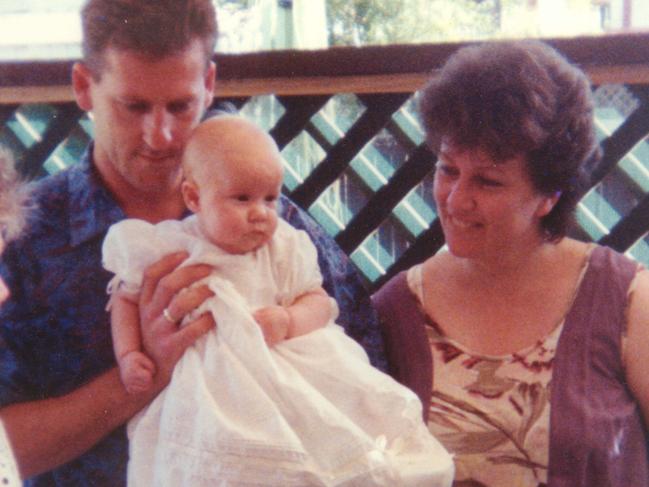
Ms Folbigg said Rhanee was never intimidated by the much older, more experienced legal minds in the courtrooms they shared.
“Over all these years, she has learnt that thinking outside a box is doable and the fear of doing it should be ignored as it was not until such thinking was implemented that higher ups than her were able to listen and act,” Ms Folbigg said.
“I am blessed that such a powerhouse of a woman was born in my era, that we will become the best of friends once all is finished.
“I am extremely honoured to be in this class of women, who have been able to alter perceptions, attitudes and make people have different conversations and ask different questions that have led to changing and affecting not only our own country but the world.”
Ms Folbigg described Tracy as the “main artery” of her “existence and prosperity”.
“She taught, guided me and advised me constantly over all those 20 years,” she said.
“She kept me up to date with all things legal and helped me make the bigger decisions, by collecting all pros and cons of the situations for me, something I was not able to do myself.
“She had absolute faith and belief in me and my innocence over everything else and she made huge amounts of sacrifices along the way.
“There is no accolade big enough nor thanks I could give that even covers repaying anything Trace has done for me, other than live my life as best as I can.”
For Ms Chapman the case has been “a long and arduous journey”.
“It’s ruined my career, has impacted severely on my mental health and wellbeing, and cost my family and I fiscally, cost us substantially in lost time and opportunities.
“That said, it taught me a great deal about myself, my personal strength, highlighted the importance of values and ethics and how to embrace and appreciate the gift or gems in every situation.”
Got a news tip? Email weekendtele@news.com.au




